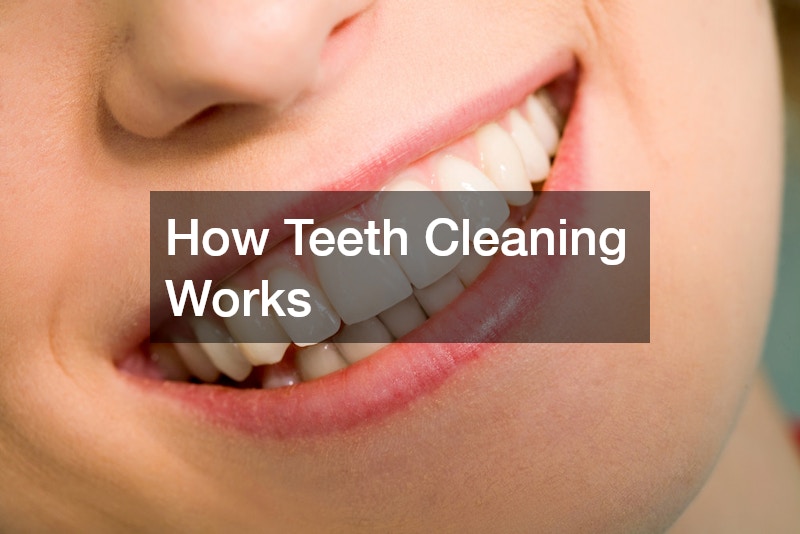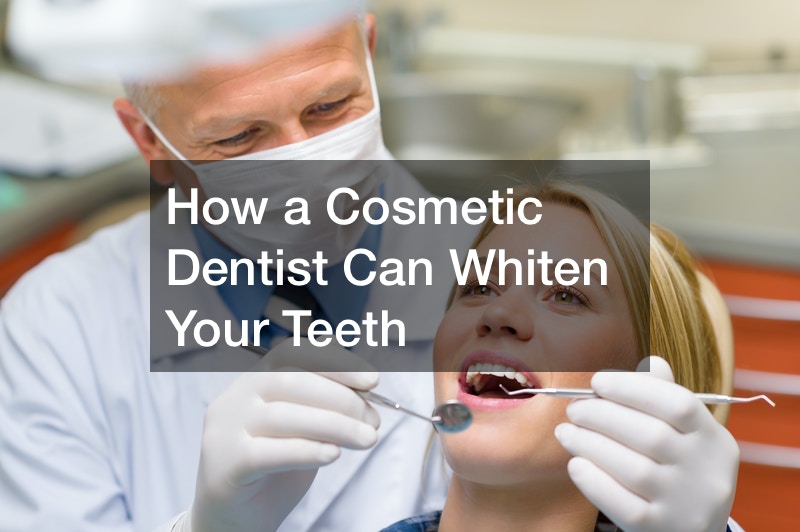
Introduction
Regular professional teeth cleaning is one of the most effective ways to maintain a healthy smile and prevent dental problems. While daily brushing and flossing are essential, professional cleanings go deeper—removing buildup that at-home care can’t reach. For patients seeking not only routine cleanings but also restorative solutions like dental crowns in Issaquah, WA, understanding how teeth cleaning works helps ensure long-term oral health and lasting results.
Why Teeth Cleaning Matters
Even the most diligent oral hygiene routine can leave behind plaque—a sticky film of bacteria—that eventually hardens into tartar. Once tartar forms, it can’t be removed by brushing alone.
If left untreated, it can lead to gum disease, bad breath, and tooth decay.
Professional cleanings prevent these problems by removing plaque and tartar, polishing the enamel, and keeping gums healthy. This process also protects the investment of any restorative work, including dental crowns in Issaquah, WA, which rely on clean, strong surrounding teeth and gums for stability.
The Steps of a Professional Teeth Cleaning
A standard dental cleaning is a thorough, multi-step procedure designed to improve both oral hygiene and comfort.
1. Examination:
Your dental hygienist or dentist begins with a quick exam, using a small mirror to inspect your mouth for signs of gum inflammation, cavities, or plaque buildup. If more advanced care is needed—such as addressing damage or preparing for dental crowns in Issaquah, WA—the dentist may make additional recommendations.
2. Scaling:
Scaling is the process of removing plaque and tartar from tooth surfaces, especially around the gumline and between teeth. Using specialized instruments, your hygienist gently scrapes away hardened deposits. This step helps prevent gingivitis and periodontal disease, which can compromise both natural teeth and restorations.
3. Polishing:
After scaling, the teeth are polished with a gritty toothpaste and a high-powered brush. This not only removes surface stains but also smooths the enamel, making it harder for new plaque to adhere. For patients with dental crowns in Issaquah, WA, polishing keeps the restoration clean, glossy, and free of discoloration.
4. Flossing:
Professional flossing ensures that any remaining debris between teeth is removed. It’s also a great opportunity for patients to learn proper flossing techniques to replicate at home.
5. Rinsing:
Finally, your mouth is rinsed thoroughly to wash away loosened plaque and polishing paste. Some practices use a fluoride rinse to further strengthen enamel and prevent decay.
How Often Should You Get a Professional Cleaning?
Most patients benefit from a dental cleaning every six months. However, those with gum disease, heavy tartar buildup, or multiple restorations—such as bridges or dental crowns in Issaquah, WA—may need more frequent cleanings. Regular visits allow your dentist to catch potential problems early, protecting your smile and saving you from costly procedures later.
The Connection Between Cleaning and Dental Restorations
Teeth cleaning isn’t just about aesthetics—it directly impacts the longevity of restorative treatments. Clean gums and teeth provide a strong foundation for crowns, implants, and fillings. When plaque accumulates around restorations, it can cause gum irritation, decay, or even failure of the crown.
For patients with dental crowns in Issaquah, WA, professional cleaning ensures that the margins around the crown remain healthy and free of buildup. This prevents decay beneath the crown and maintains a seamless appearance.
What You Can Do at Home
Between professional visits, maintaining proper oral hygiene is crucial. Brush at least twice a day with fluoride toothpaste, floss daily, and rinse with an antibacterial mouthwash. Limiting sugary foods and drinks also helps control plaque formation.
If you have crowns or other restorations, use a soft-bristled toothbrush and avoid abrasive toothpaste that could scratch the surface. Following your Issaquah dentist’s personalized advice will help you maintain both your natural teeth and your restorations in excellent condition.
Conclusion
Teeth cleaning is a cornerstone of preventive dental care, protecting your mouth from disease and preserving the health of your restorations. By understanding how cleanings work and maintaining consistent oral hygiene, you ensure your smile stays bright, healthy, and strong.
For those with restorative needs like dental crowns in Issaquah, WA, regular cleanings are essential to protect your investment and keep your teeth looking their best. Schedule your next cleaning today and enjoy the confidence that comes with a healthy, polished smile.



